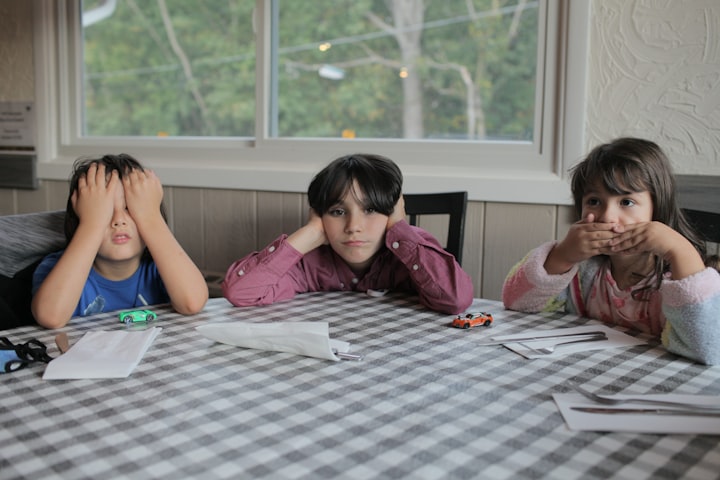Having Kids: Pros, Cons, and Costs
Is having kids worth it? Explore the pros and cons of procreating in our modern world, including the costs and impact on happiness and society.

Deciding whether or not to have children is a big decision that many people face. For those who do want children, questions about when and how many often come up.
While having children can bring small bundles of joy, they can also cost a fortune. As people weigh up the pros and cons of procreating, fewer children are being born, especially in the rich world.
In the long term, this can mean fewer young workers to support the elderly. So, is it worth having kids?
Many people go back and forth when weighing the options of having kids or not having kids. There are many factors to consider when making such an important decision.
For Jessica and her husband Andre, who live in Houston, Texas, the decision to have a child was not taken lightly. They now have a two-year-old son named Michael.
While having children can make people happy in the short term, according to academics, it does not necessarily lead to long-term happiness.
Studies have shown that mothers' happiness levels rise in the years leading up to giving birth but peak at the time of the child's birth. Within a few years, their happiness levels return to the level they were before the child was born.
Researchers have found that the life satisfaction, mental health, and overall happiness levels of parents and non-parents are quite similar in different countries.
Some factors that affect people's happiness include income and whether they are single parents. Parents in countries with stronger welfare systems report higher levels of happiness.
While there may be moments during the day that are filled with happiness, being together with your children can also be distressful.
It takes up a lot of time and energy, and it comes with a lot of worries. Parenting can be enjoyable, but it can also be stressful, as almost 30% of American parents report.
For most of history, people had many children, which made financial sense because kids could work in the fields and look after their parents in old age. However, as societies have grown richer, there has been a reduction in procreation.
We have seen a change in why people have children and the economic incentives to having children.
As we have more countries offering pensions, older adults are less reliant on their adult children to provide for them in their older years.
At the same time, we see more women getting higher levels of education, being employed, and a change in attitudes towards secularization, feminism, and women's rights.
Childhood extends because we need to educate our children longer, so the costs of raising children go up. Kids can also be costly.
The costs start even before birth, with fertility treatments being expensive in some countries, and giving birth in a hospital can cost thousands of dollars.
Once the child is born, there are food, clothes, nappies, toys, baby carriers, and prams to buy.
A typical American family can expect to spend almost three hundred thousand dollars raising a child to the age of 17. Factor in college tuition, and it rises to over four hundred thousand dollars.
The strain on a family's budget is not helped by the fact that America is the only rich country that doesn't have nationwide statutory paid parental leave.
Instead, federal policy is just 12 weeks of unpaid leave, but only 56% of workers are eligible, and many feel they can't afford to sacrifice their salary for this long.
In conclusion, having children is a big decision that requires careful consideration. While it can bring joy and happiness, it can also be stressful and expensive.
With the costs of raising children on the rise and fewer economic incentives to have children, fewer children are being born in the rich world.
As we face an aging population, the decision to have children has become more complex.
But despite the financial and practical challenges of raising children, many people still choose to have them. For some, it's the desire to pass on their values and traditions to the next generation.
For others, it's the joy of watching their children grow and learn. And for many, it's simply the fulfillment of a deep biological urge. So, is it worth having kids? Ultimately, that's a decision that only you can make.
It's a choice that will depend on your personal circumstances, your values, and your priorities. But whether you choose to have children or not, it's important to approach the decision with open eyes and a clear understanding of the pros and cons.
In the end, having children is a deeply personal and often life-changing decision. It may bring immense joy and fulfillment, but it also comes with significant costs and responsibilities.
So take the time to think carefully about what you really want, and be prepared for the challenges and joys that lie ahead.






Comments
There are no comments for this story
Be the first to respond and start the conversation.